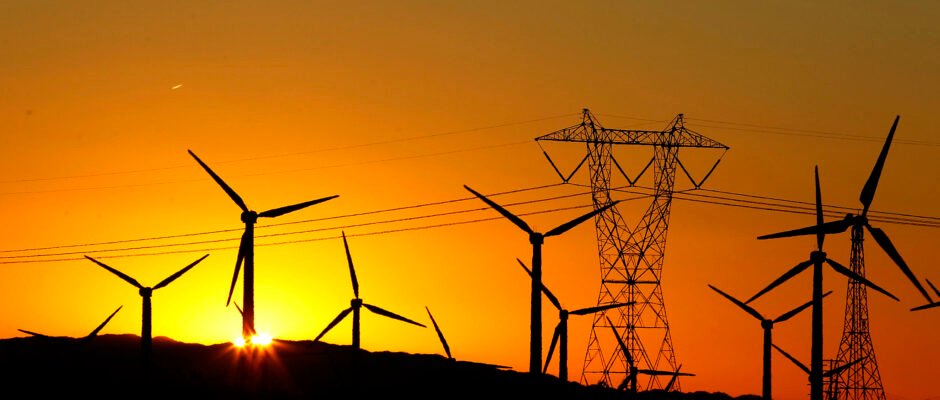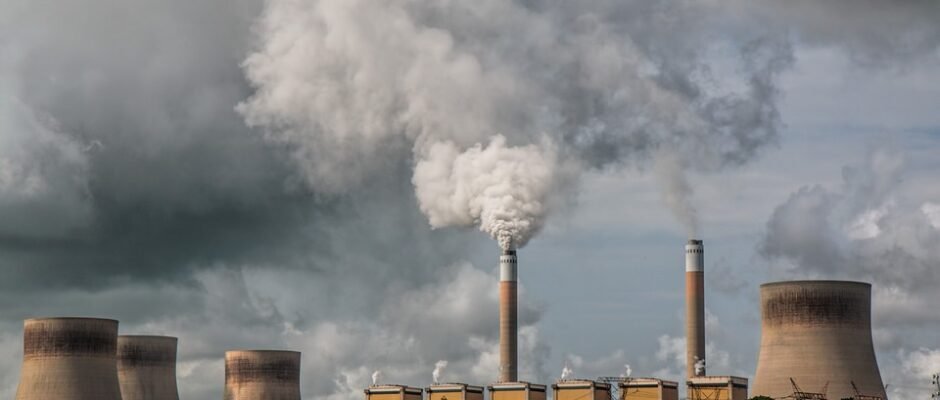John Podesta appointed as Biden’s chief climate change adviser, succeeding John Kerry in the Biden administration.
John Podesta, White House senior adviser, will take on international climate policy as part of his job responsibilities, replacing John Kerry as the top US official on international climate issues, according to the White House. Kerry had announced in mid-January that he would step down from the climate job to work on Joe Biden’s re-election […]





